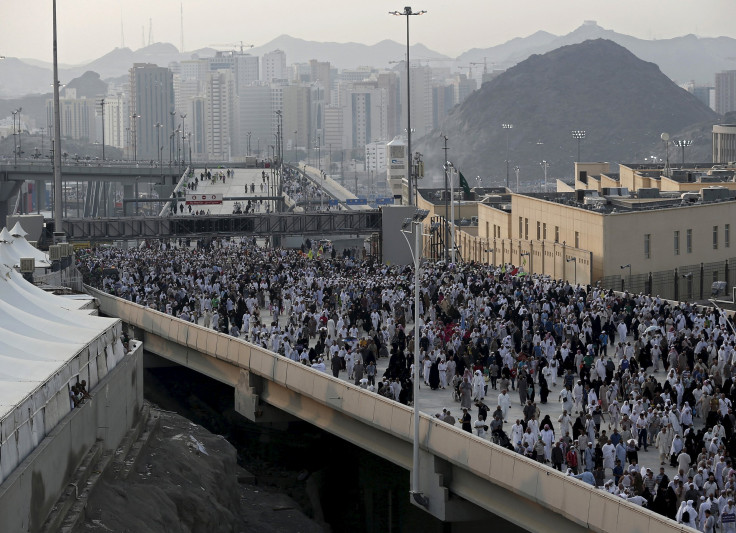Hajj Stampede Beyond Human Control, Top Saudi Cleric Says

Saudi Arabia’s top religious leader said that the stampede at Mecca, which killed over 700 pilgrims, was beyond human control, state media reported Saturday.
The stampede, which happened Thursday, was the worst disaster to occur during the holy pilgrimage in a quarter century and drew condemnation of Saudi officials’ handling of safety issues, especially in the wake of another disaster -- the crane collapse earlier this month in the city that killed 107 people.
"You are not responsible for what happened," Grand Mufti Sheikh Abdul Aziz bin-Abdullah al-Sheikh told Interior Minister and Crown Prince Mohammed bin Nayef, Agence France-Presse reported. "As for the things that humans cannot control, you are not blamed for them. Fate and destiny are inevitable."
The crown prince chairs the committee which oversees the yearly religious pilgrimage, known as the hajj, and has ordered a full investigation into the stampede, which took place during a symbolic stoning of the devil ritual attended by hundreds of thousands of pilgrims in Mina, just outside the holy city of Mecca.
The interior ministry said it had placed 100,000 police forces to secure the pilgrimage route and manage crowds, but pilgrims in the area blamed the stampede on police road closures and poor crowd control.
Saudi Arabia’s regional rival Iran also strongly condemned the stampede and blamed the Saudis for their “incompetence,” urging them to “take responsibility” for the deaths.
Abdullah al-Sheikh, chairman of the Shura Council, a religious body which advises the government, called on pilgrims to respect "the rules and regulations taken by the security personnel... In doing so they protect their lives, their security and facilitate their performing of the rituals."
© Copyright IBTimes 2025. All rights reserved.




















